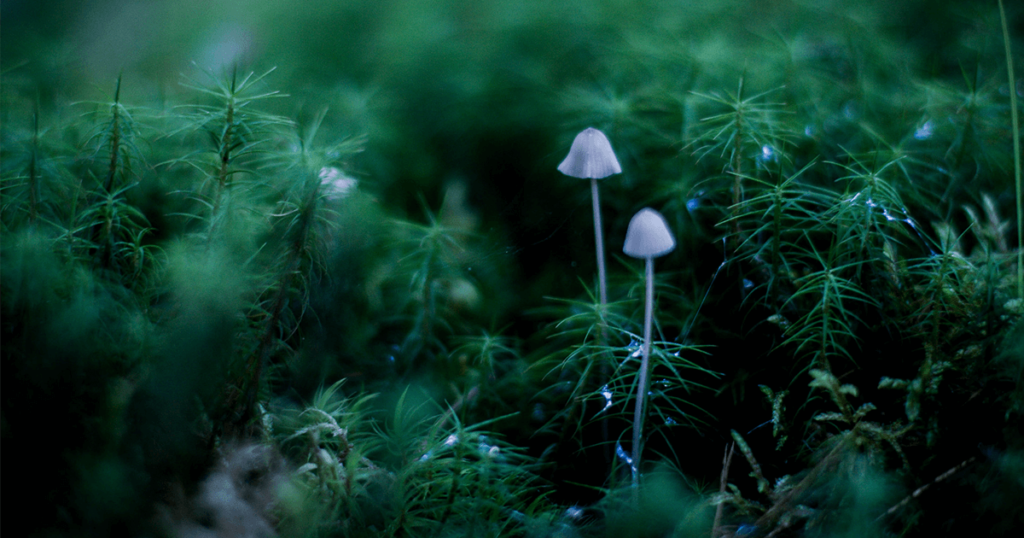
—Say it, no ideas but in things—
nothing but the blank faces of the houses
and cylindrical trees
bent, forked by preconception and accident
split, furrowed, creased, mottled, stained—
secret—into the body of the light—
—William Carlos Williams, Paterson, 1946
My father would remove the liver and the bladder, which he would present to us. We would blow the bladders up with straws cut from reeds and hang them in the house to dry. By Christmas they would have turned transparent like beautiful balloons.
—Edna Lewis, The Taste of Country Cooking, 1976
The two parties which divide the state, the party of Conservatism and that of Innovation, are very old, and have disputed the possession of the world ever since it was made …
It is the opposition of Past and Future, of Memory and Hope, of the Understanding and the Reason. It is the primal antagonism, the appearance in trifles of the two poles of nature.
—Ralph Waldo Emerson, “The Conservative,” December 1841
“You wish to be anonymous?”
“I wish to be left alone,” said Scrooge. “Since you ask me what I wish, gentlemen, that is my answer. I don’t make merry myself at Christmas and I can’t afford to make idle people merry. I help to support the establishments I have mentioned—they cost enough; and those who are badly off must go there.”
“Many can’t go there; and many would rather die.”
“If they would rather die,” said Scrooge, “they had better do it, and decrease the surplus population.”
—Charles Dickens, A Christmas Carol, 1843
I mourn the safe and motherly old middle-class queen, who held the nation warm under the fold of her big, hideous Scotch-plaid shawl and whose duration has been so extraordinarily convenient and beneficient. I fear her death much more than I should have expected; she was a sustaining symbol—and the wild waters are upon us now.
—Henry James, letter to Oliver Wendell Holmes Jr., February 1901
Perhaps being old is having lighted rooms
Inside your head, and people in them, acting.
People you know, yet can’t quite name; each looms
Like a deep loss restored, from known doors turning,
Setting down a lamp, smiling from a stair, extracting
A known book from the shelves; or sometimes only
The rooms themselves, chairs and a fire burning …
—Philip Larkin, “The Old Fools,” 1973
“So now you see what difficult conditions under which we in the Eastern Anatolian press have to work,” said Serdar Bey.
At that very moment, the electricity cut out. As the printing press whirred to a stop and the shop fell into an enchanted darkness, Ka was struck by the beautiful whiteness of the snow falling outside.
—Orhan Pamuk, Snow, 2002
It is the purest form of European adventuring. What’s it all been for, the murdering seas, the gangrene winters and starving springs, our bone pursuit of the unfaithful, midnights of wrestling with the Beast, our sweat become ice and our tears pale flakes of snow, if not for such moments as this: the little converts flowing out of eye’s field, so meek, so trusting—how shall any craw clench in fear, any recreant cry in the presence of our blade, our necessary blade?
—Thomas Pynchon, Gravity’s Rainbow, 1973
Outside the Hall the winter wind swept through the streets of Cambridge. Inside all was warmth and conviviality. Along the tables a hundred candles ensconced in silver candelabra cast elongated shadows of the crouching waiters across the portraits of past Masters that lined the walls. Severe or genial, scholars or politicians, the portraits had one thing in common: they were all rubicund and plump …
“An evening to remember, Master,” said the Senior Tutor sebaceously.
—Tom Sharpe, Porterhouse Blue, 1974
True knowledge comes down to vigils in the darkness: the sum of our insomnias alone distinguishes us from the animals and from our kind. What rich or strange idea was ever the work of a sleeper?
—E. M. Cioran, A Short History of Decay, 1949
The air was cold enough to make my breath steam, but not the breath of baby penguins. Slender black beaks turned toward me, and pairs of black eyes, soft and glossy. The curiosity of penguins in the wild is legendary. They have been known to walk right up to scientists and carefully handle and study them. Penguins have no land predators. So they do not instinctively fear people. Just the opposite: They’re curious and alert, and the babies waddle around like human two-year-olds, eager to untie one’s shoelace, slide a beak up one’s sweater sleeve, or muss one’s bangs.
—Diane Ackerman, The Moon by Whale Light, 1993
The rich were closing their apartments for the summer. White dust sheets were spread over gilded furniture and there were piles of leather suitcases in the hall. All summer the rich would play on their estancias. The very rich would go to Punta del Este in Uruguay, where they stood less chance of being kidnapped. Some of the rich, the sporting ones anyway, said summer was a closed season for kidnaps. The guerrillas also rented holiday villas, or went to Switzerland to ski.
—Bruce Chatwin, In Patagonia, 1977
I wanted to imagine the trees cosy. They seemed now in the underworld. Between the lemon trees, beside the path, were little orange trees, and dozens of oranges hanging like hot coals in the twilight. … There is a great host of lemons overhead, half visible, a swarm of ruddy oranges by the path, and here and there a fat citron. It is almost like being under the sea.
—D. H. Lawrence, Twilight in Italy, 1916
The post-office has a great charm at one period of our lives. When you have lived to my age you will begin to think letters are never worth going through the rain for.
—Jane Austen, Emma, 1815
Often it does seem such a pity that Noah and his party did not miss the boat.
—Mark Twain, Christian Science, 1907

